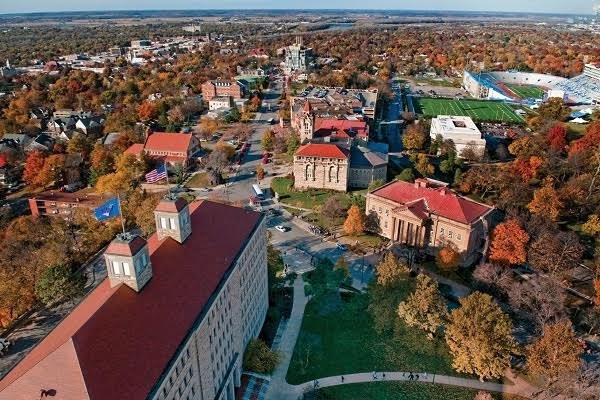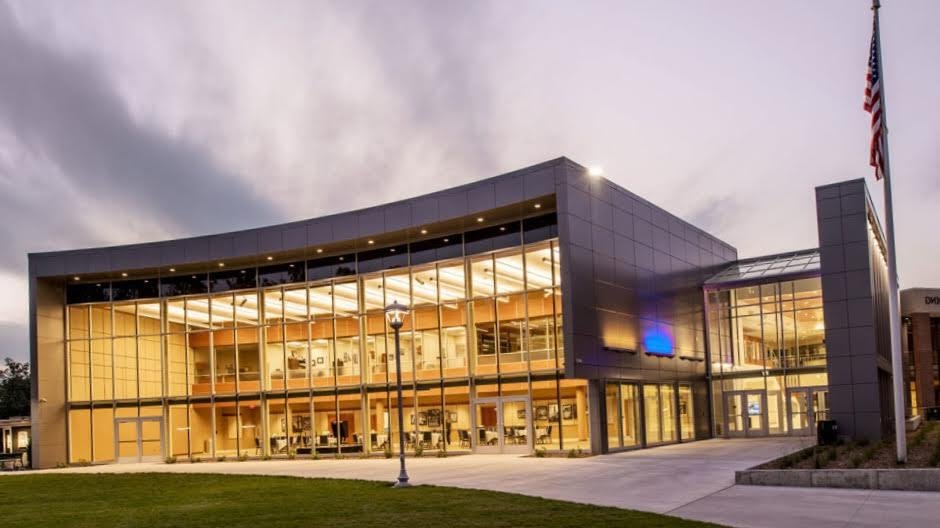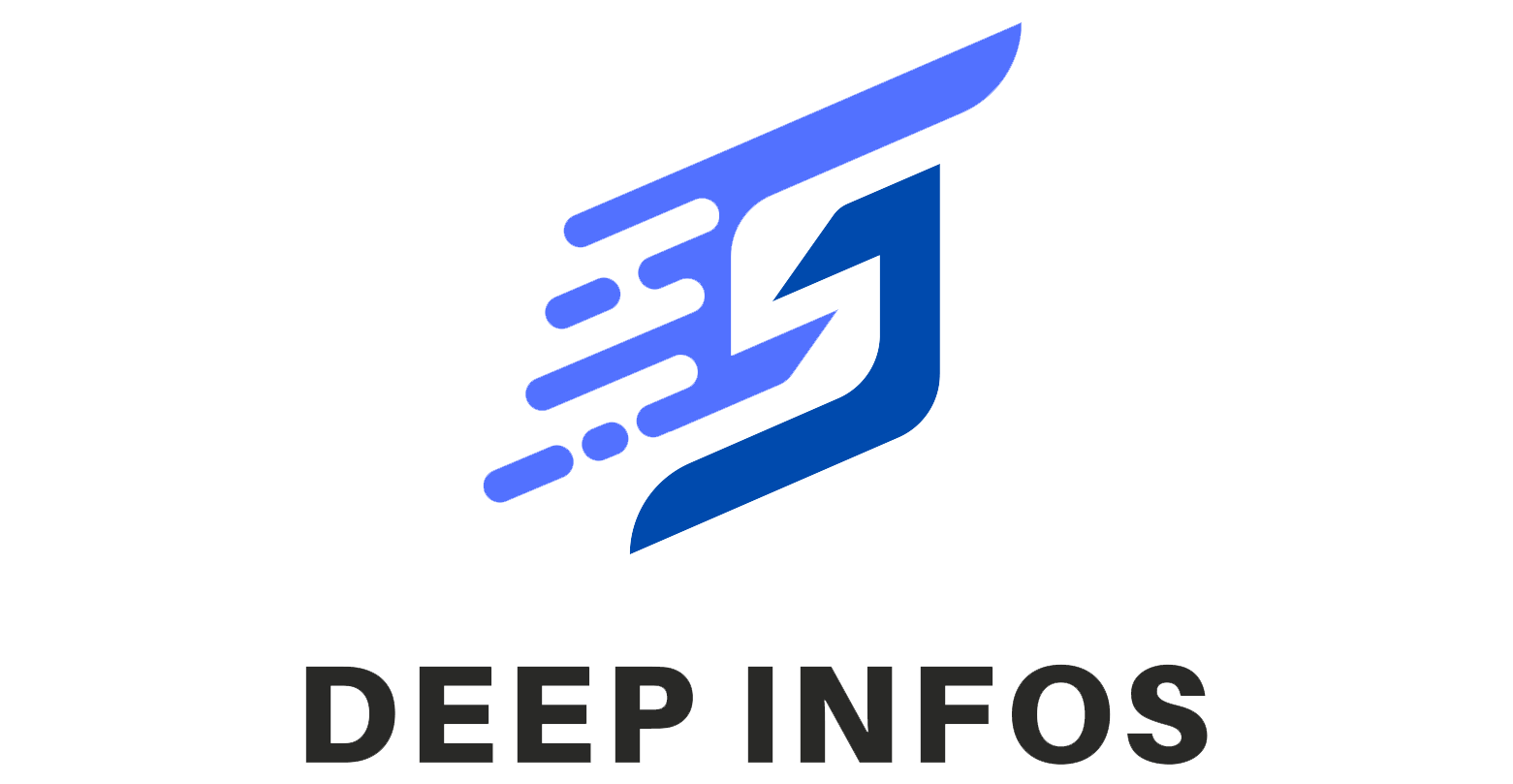Data Analytics is quickly becoming a buzzword in today’s employment market, with 74 zetabytes (or 74 trillion gigabytes) of data collected this year. By 2026, 11.5 million employment will be tied to data analytics. Data Scientists and Data Engineers are predicted to see a 39 percent increase in demand.
Jobs in this field are currently in high demand, with an average income of roughly $62,000 — but where should you study and which university offers the finest Data Analytics programs?
Four US university courses are evaluated for program substance, unique offerings, and school support in this article.
University of Kansas

If you would like to work in the fast-growing field of data analytics, go to Kansas State University’s College of Business Administration. It is the first graduate-level program in Kansas to offer a Master of Science in Data Analytics, which is offered in collaboration with departments on campus: computer science, economics, geography, industrial manufacturing systems engineering, mathematics, and statistics.
This master’s degree in data science, analysis skills, and business management is offered both online and on campus and is split into 2 tracks: data science and applied analytics. It is 30 credit hours long.
The aforementioned departments will teach students data science approaches, analytic abilities, and business applications, and they will collaborate with faculty members to apply research talents to real-world problems. Students can choose from courses like Principles of Artificial Intelligence, Machine Learning and Pattern Recognition, Accounting Analytics, Marketing Analytics, Supply Chain Analytics, GIS and Financial Modelling, among others, in each program track’s nine credit hours of electives.
If time is of the essence, upskillers can choose for the data analytics graduate certificate, which can be completed fully online in 15 credit hours. This choice includes the data science and applied data science coursework.
All students have access to the Career Development Centre and Graduate Studies Advisory Council for further career counseling and support.
Students can use their Kansas State University knowledge, talents, and experience to provide scientific and systematic decision-making approaches to businesses once they graduate.
University of New Hampshire

Multiple data analytics graduate programs are available at the University of New Hampshire. These programs are aimed to prepare students for careers in health care, business, and biology.
The Master’s program in Business Analytics is one of UNH’s most popular graduate programs.
You’ll be prepared for a career as a data, business, quantitative, or market analyst if you have skills in data analysis and visualization, predicting/forecasting future probability and trends, and assisting leaders in resource-constrained contexts.
This one-of-a-kind program in New Hampshire can be finished in 12 to 16 months (full-time) or 2.5 to 3 years (part-time) . Graduates will be able to apply for a 24-month OPT STEM Extension to their 12-month OPT tenure. International students are permitted to work in the United States for up to 36 months after graduation without the need for a separate visa.
Riley Gardner notes that her favorite class was Khole Gwebu’s Exploration and Communication of Data. “My curiosity in data visualization was a driving factor behind my pursuit of a business analytics degree. This class did a great job of introducing the strategies and technology for working with vast amounts of structured and unstructured data in order to generate insights through data visualization.” Tevfik Aktekin, associate professor and program director, said, “The MSBA program will be hard, but you can anticipate to learn a lot.
“When you look back, you’ll understand that you just’re a unique person currently than you were before you started this program in terms of the skills you learned.” The MSBA provides you with extremely sought-after talents that you might list on your CV to form you a lot of marketable.”
University’s Data Science Institute at colombia

People are congregating on Columbia University’s front lawn. Columbia Uni and Fb
The Data Science Institute at Columbia University (DSI) was founded in 2001 with previous strengths in computer science, statistics, industrial engineering, and operations research. Since then, it has expanded to include 11 Research Centres and Working Groups, giving students access to approximately 350 connected professors from 18 schools as well as 27 industry affiliates.
The DSI’s focus on key social challenges like climate change, health care, and social justice brings together faculty and researchers to collect and analyze data to discover answers.
In the Master of Science in Data Science, students can apply data science approaches to their subject of interest by conducting original research, completing a capstone project, collaborating with industry partners and professors, and choosing an elective route.
Students apply for the DSI Seed Funds Education program, which offers two award amounts of US$25,000 or US$75,000 for joint research with government, business, and foundations.
The fundamental goal is for such collaborations to develop into longer-term and stronger relationships among teachers from many fields. Through one-on-one support, career events, and other opportunities, student services can assist students with internship placement, job hunting, and industry networking.
University of North Dakota

The Master of Science in Analytics is offered by Dakota State University’s College of Business and Information Systems in four tracks: business, general, healthcare analytics, and information systems.
Students will be prepared to work as full-fledged Data Scientists. They will be able to apply analytic approaches, understand analysis results, and use analytic tools to address problems after graduation, thanks to skilled instructors. They must also take part in an evaluation activity, which is usually the comprehensive exam in the final semester.
Students that enter this diverse sector can employ cutting-edge technology such as SAS and R to transform large data sets into actionable information. Students can select electives from five different tracks: Artificial Intelligence, Business, Healthcare Analytics, Information Systems, and General.
There are two learning modes available: on-campus classrooms and online courses with videos, live streaming of classes, and interactive websites. The master’s degree can be finished in four nine-credit-hour semesters by full-time learners. Internship can also help the students to improve their professional social networking skills.
Several of the institutions discussed in this article are Study International’s business partners.



